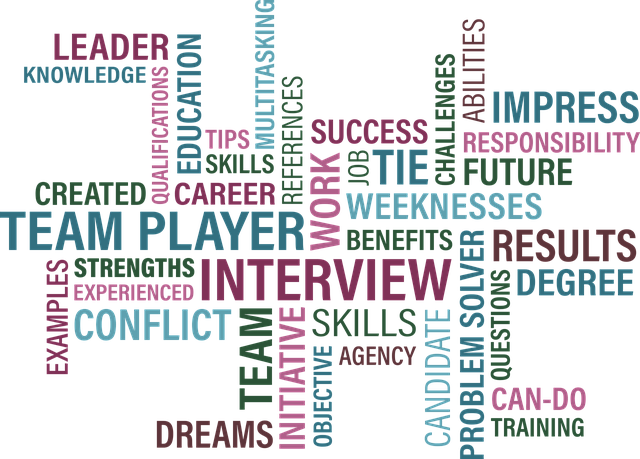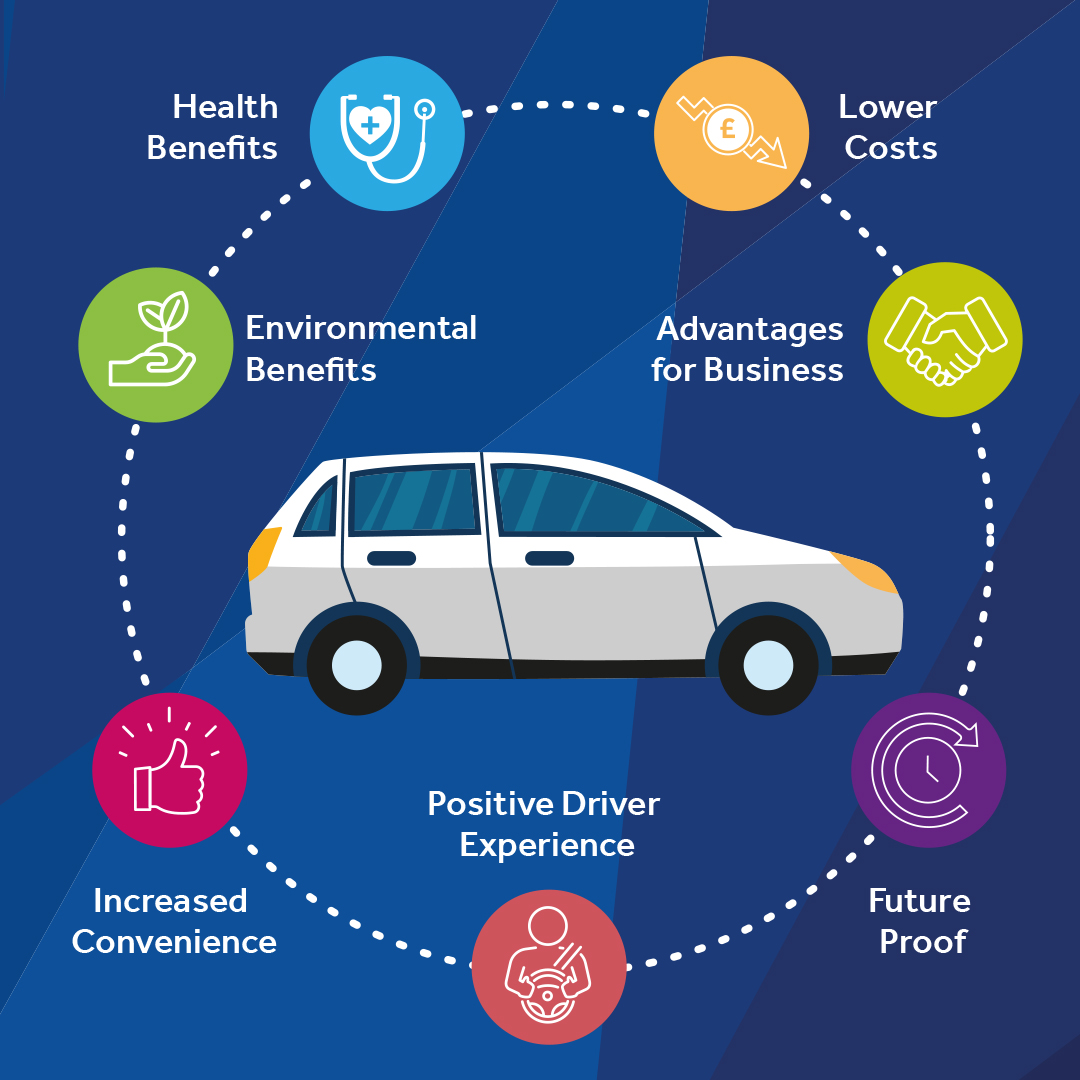These are the 5 “Super Skills” You Need for Jobs of the Future
Work is changing, so to stay ahead you’ll need to master these skills that you probably didn’t learn in college.
Chances are your job description has changed over the past five years. Or maybe your role didn’t even exist a short time ago. The workplace of today and the future looks quite different due to technology, the economy, the environment, and politics, according to the Institute for the Future (IFTF), a not-for-profit think tank that helps organizations plan for the future.
The evolving workplace is creating a skills divide, says Adam Miller, CEO of Cornerstone, a talent management software and systems provider that partnered with IFTF to create a future skills study. “We have a very large group of jobs that require relatively few high-level skills, and a lot of those jobs will become obsolete in the future, being automated away,” he says. “On the flip side, highly technical jobs are wide open because there aren’t enough people with the skills to fill them. Whether or not employees recognize it, the half-life of their skills is shorter than it used to be.”
If you want to compete and stay relevant in the marketplace, you’ve got to master five “super skills,” according to IFTF:
1. Personal Brand
Being successful means setting yourself apart, and you’ll need a personal brand that defines who you are and who you want to become, according to IFTF. That involves building a reputation, trust, and a following. The impression you project about yourself is crucial for finding the best workplace culture fit and for inspiring confidence in your coworkers, clients, and managers, says Jennifer Lasater, vice president of career services at Purdue University Global.
Start with the basics, such as auditing your social media presence and email name. “Ensure that your image comes across as professional, polished, and appropriate for an organization that you are interested in, now or in the future,” she suggests, adding that it helps to have a mentor, adviser, or trusted friend provide you with candid feedback on your reputation.
Building a personal brand can also include being mindful of your accomplishments and traits, says Tammy Erickson, adjunct professor of organizational behavior at London Business School. “I like to call them ‘badges,’” she says. “It’s skills that are gathered that build your reputational portfolio. It can be that you’re a financial wizard, dependable or creative. You begin to blend softer, more qualitative skills that are not reflected in traditional academics.”
2. Digital Fluency
The digital transformation impacts every industry, and being able to befriend the “machine” is one of the most critical of the five skills, says Miller. “Technology is not going away,” he says, adding that tech used to be a department. “Now the whole world is a tech world.”
You’ll need to know how to assemble teams of humans, robots, and bots and get them all to work together, according to IFTF: “Your AI assistants will promise you convenience and efficiency, but you’ll need to know how to tap their intelligence to do more, to accomplish things you could never do before.”
The ability to embrace technology and machines is about the ability to get stuff done, says George Brough, vice president of organizational development at Caliper, a provider of employee assessment solutions. “It’s about knowing the tools and how to use them, it’s about knowing which tool to use in which situation,” he says. “This can be done either by acquiring new knowledge, or by collaborating with people or machines that have what you lack.”
3. A Tribe
As the economy embraces gig work and crowdsourcing, having a personal tribe becomes critical. “You’ll need to master the many different kinds of trade: open, private, or public goods. And with the world shifting shapes all the time, you’ll need to think like a designer to make the shapes you want,” according to IFTF.
“To be successful in building a career and maintaining financial stability in this environment, relying on your personal network is key,” says Jim Davis, assistant director of Pace University’s Career Services Department. “It has been proven many times that networking is the most effective way to land a new position or new job.”
Understanding this and dedicating time to build and cultivate your network throughout your career will help open opportunities when it’s time to make a career change.
4. Making Sense of Complexity
Complexity can look like chaos, and you’ll need an ability to connect the dots to create new pathways, according to IFTF. Being adaptable will help you keep up with change, says Miller.
“You need to be accepting of the new skills you have to have,” he says. “You need to be comfortable with change and you need to be willing to develop new skills.”
Flexibility will help you seek growth opportunities, says Bonnie Hagemann, coauthor of Leading with Vision and CEO of Executive Development Associates, an executive development consulting firm. “The best growth opportunity may be in another role or project and not necessarily moving up,” she says. “Sometimes it’s stepping down to learn a new skill and then going up again. Think career lattice instead of career ladder.”
5. Resilience
In your personal life, resilience is often linked to overcoming problems and obstacles. In a business setting, however, resilience helps you transform obstacles into solutions and opportunities, says Charlotte Westerhaus-Renfrow, clinical assistant professor of management and business law at Indiana University Kelley School of Business.
“Employees who do this are priceless because they accelerate a culture of business innovation in the workplace,” she says. “Companies that can’t transform aren’t resilient, and in turn, they often aren’t successful.”
One of the best ways to enhance resilience is to focus on keeping negative things from having an overwhelming impact on the positive possibilities in any given situation, says Westerhaus-Renfrow. “Don’t forget: It takes a village,” she says. “Surround yourself and lean on resilient people for support and guidance. Resilient people tend to inspire and build up resilient people.”
Resilience is the most important trait for anyone in any profession, adds Lasater. “Setbacks, problems, and personal issues can be distracting and overwhelming, but the people that rise every time do great things,” she says. “There are no shortcuts or quick tidbits for this one; if you want something badly enough, you have to keep working toward it.”
latest video
news via inbox
Nulla turp dis cursus. Integer liberos euismod pretium faucibua









